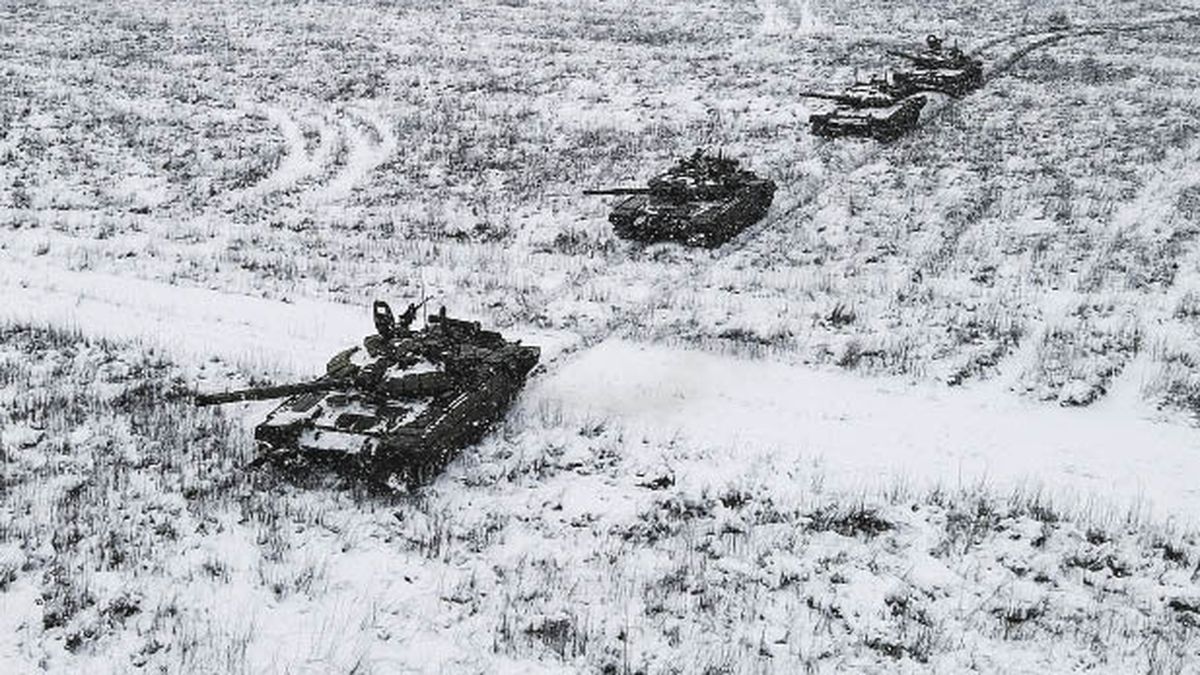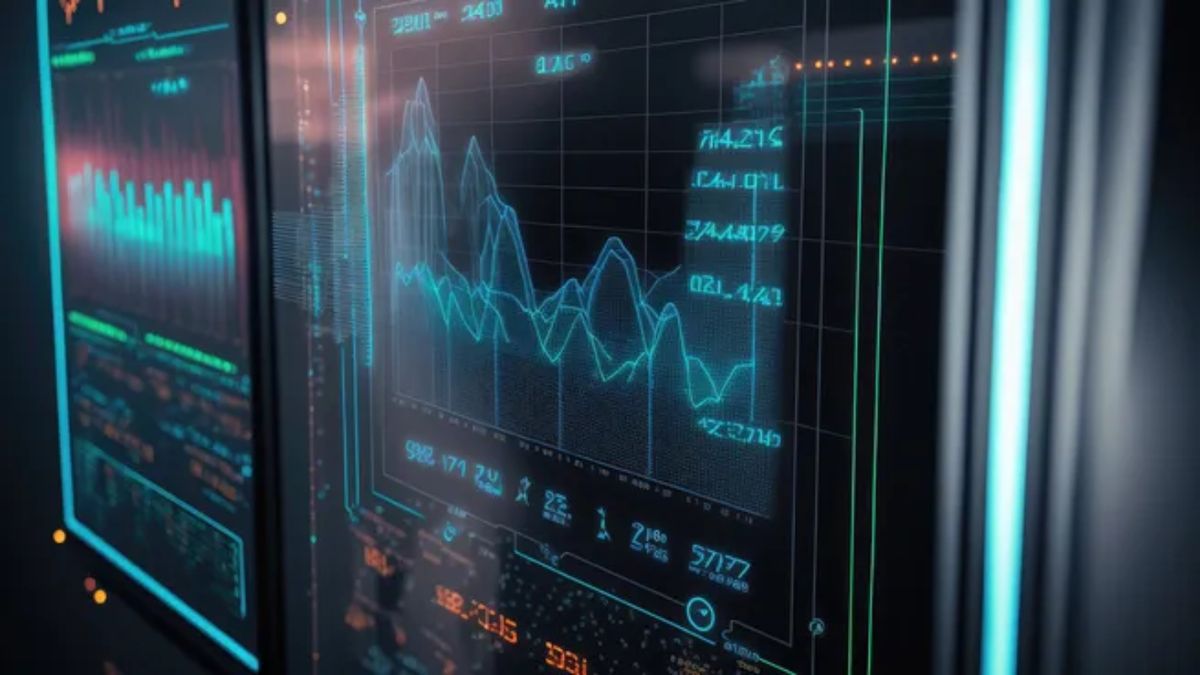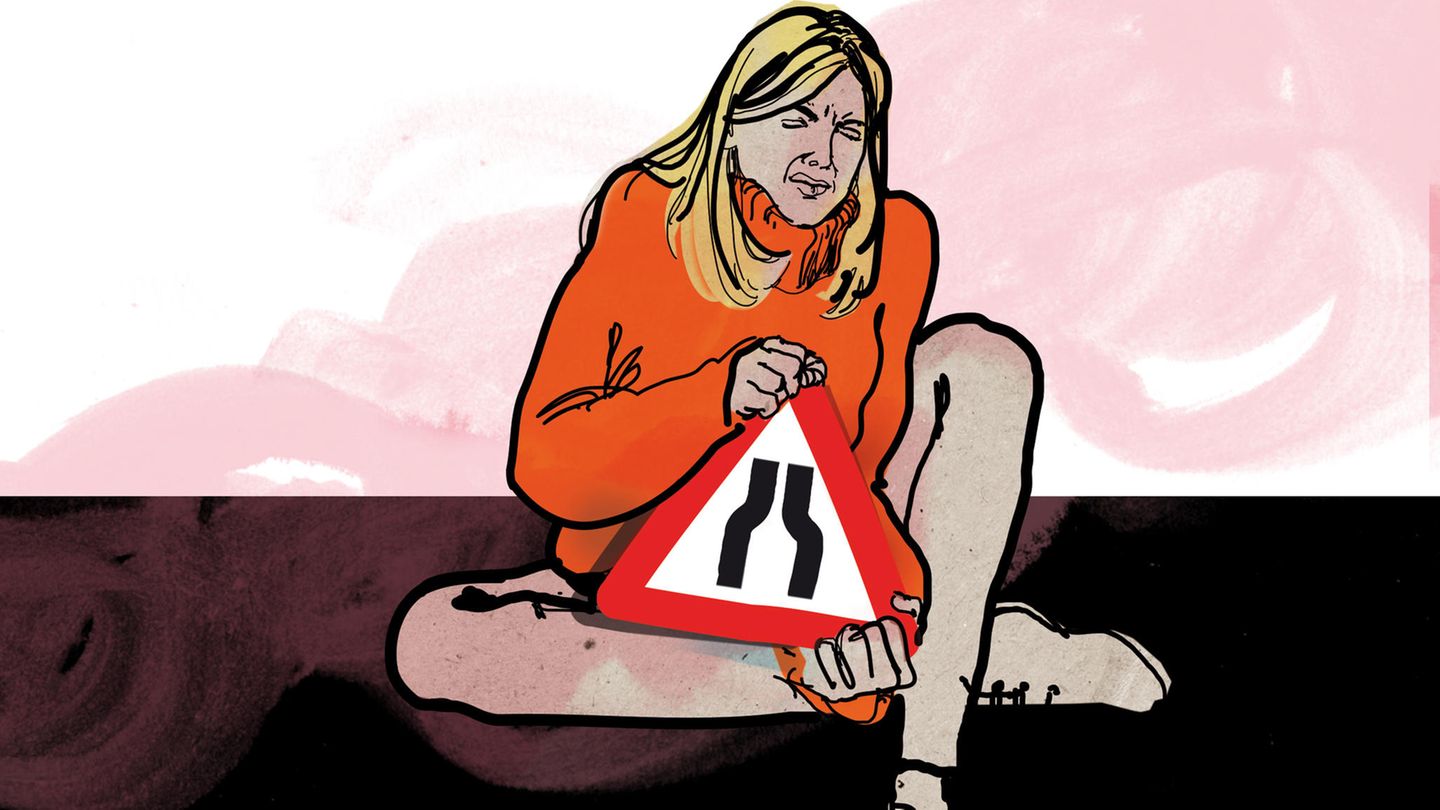With some 100,000 thousand soldiers deployed on the border with Ukraine, fueling fears of a possible invasion, Russia alleges that it feels threatened and is seeking to redesign the European security architecture that emerged after the end of the Cold War and the fall of the USSR.
“It cannot be said that our views have been taken into account or that there is a willingness to address our concerns,” Kremlin spokesman Dmitri Peskov told reporters, noting that Vladimir Putin’s government “will not rush.” in responding to American rejection.
time element
“All the documents are now held by the president. It will take time to analyze them. We are not going to rush to conclusions, but there is not much reason for optimism,” he added.
For his part, Russian Foreign Minister Sergey Lavrov lamented the negative response “to the main question” raised by Moscow: that NATO should not expand, especially to Ukraine. However, he left the door open to dialogue, pointing out that “there is a reaction that allows us to wait for the start of a serious discussion on secondary issues.”
US Secretary of State Antony Blinken said he had proposed “a serious diplomatic channel if Russia wants it.” Previously, Washington had evoked commitments on arms control or transparency in military exercises.
As diplomatic maneuvers multiply, the saber rattling continues to echo in Eastern Europe. Blinken’s number two, Wendy Sherman, noted that “everything indicates” that Putin “will use military force at some point, perhaps between now and mid-February.”
cross threats
Western powers have threatened Russia with major economic sanctions if its troops advance into Ukraine. The head of German diplomacy, Annalena Baerbock, indicated that, among other things, these would affect the controversial Russian-German gas pipeline Nord Stream II, which is awaiting commissioning.
Ukraine has been a focus of tension since 2014, when Russia annexed the Crimean peninsula and a conflict broke out between the pro-Western authorities in Kiev and pro-Russian separatists in the eastern Donbas region that has left more than 13,000 dead. The latter have received strong material backing from Moscow.
Dialogue
At a meeting on Wednesday in Paris, Ukrainian and Russian emissaries, accompanied by Germans and French, committed to “unconditional respect for the ceasefire” decreed in the area and called for a new meeting in early February.
Celebrated as “good news” by Ukrainian diplomacy, this announcement was overshadowed by statements by the main representative of the pro-Russian rebels, Denis Pushilin, at the head of the rebel stronghold of Donetsk, who asked Moscow for modern weapons to be able to face the Kiev forces.
For his part, the Ukrainian Foreign Minister, Dmitro Kuleba, took advantage of a visit to Denmark to once again demand more financial and arms aid. “A strong Ukraine is the best deterrent” against Moscow, he said.
Reinforcing the sense of an imminent explosion, Washington on Wednesday asked its citizens to “consider marching now” so as not to be trapped in a conflict zone.
Source From: Ambito
David William is a talented author who has made a name for himself in the world of writing. He is a professional author who writes on a wide range of topics, from general interest to opinion news. David is currently working as a writer at 24 hours worlds where he brings his unique perspective and in-depth research to his articles, making them both informative and engaging.




